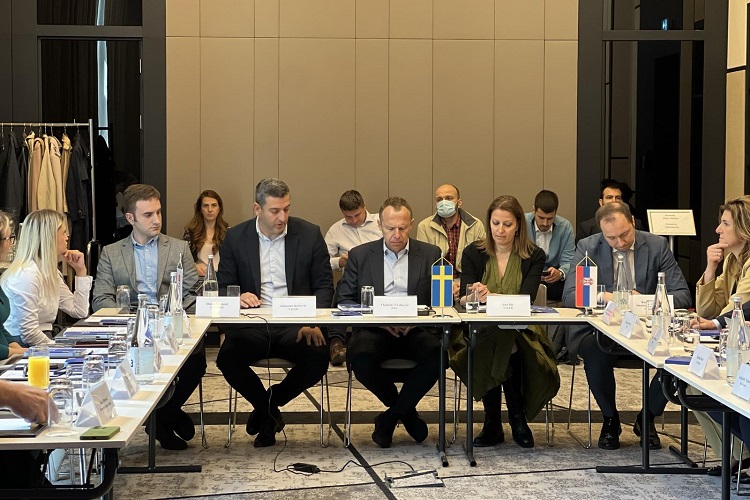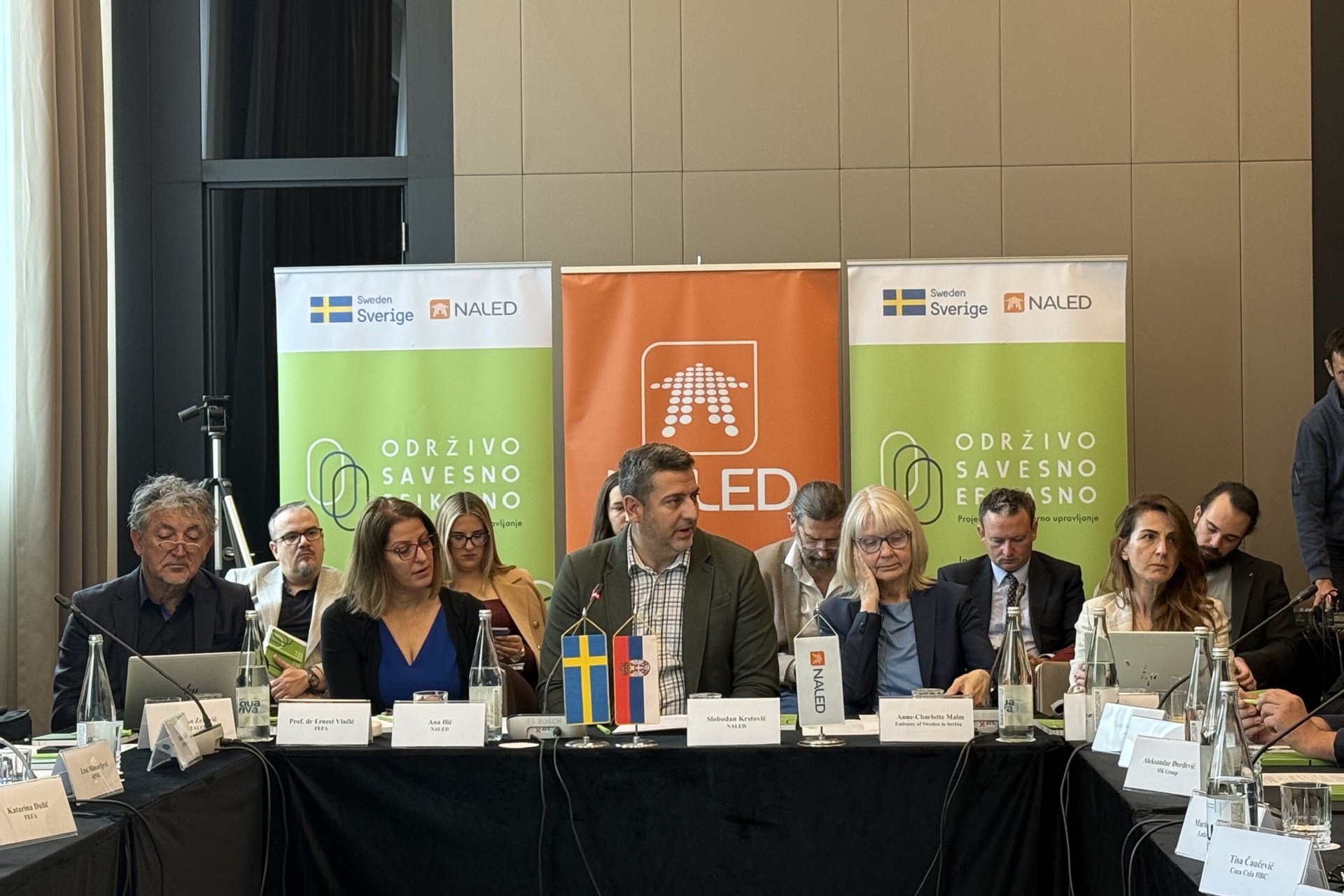The process of amending the Law on Waste Management has begun
More precisely defining the responsibilities of producers and users, improvement of the process of collection and legal disposal of waste, as well as the introduction of the best available technologies (BAT) in recycling, are the most important topics that should include amendments to the Law on Waste Management, it was said at the session of the Alliance for Environmental Protection NALED.
In August, the Ministry of Environmental Protection formed a Working Group for drafting the Draft Law on Amendments to the Law on Waste Management and invited all interested parties to submit comments and suggestions by October 2, 2025.
In order to take advantage of the opportunity to participate in the public consultation phase, NALED's Alliance for Environmental Protection gathered its members for a working meeting devoted to the development of proposals for the improvement of legal solutions.
At the meeting, it was emphasized that it would be important for the new legal solutions to provide for the use of the best available technologies (BAT) in recycling in order to contribute to the development of the circular economy in Serbia, and the role of various actors in the recycling process, especially when monitoring waste flows that become hazardous waste after use, were also mentioned.
Proposals and experiences from different industrial sectors will be combined into a single document with comments that NALED will send to the Ministry by the defined deadline.
The planned document will also include several long-term recommendations from the Gray Book related to the field of waste management, such as the introduction of the institute of extended responsibility in the management of special waste streams and the expansion of the collection network for household batteries and light bulbs, as well as the regulation of the way of handling biodegradable kitchen waste. Also included will be a recommendation regarding the upcoming regulation, which refers to the introduction of a national mechanism for carbon taxation complementary to the European CBAM (Carbon Border Adjustment Mechanism), which would help the industry to decarbonize.




